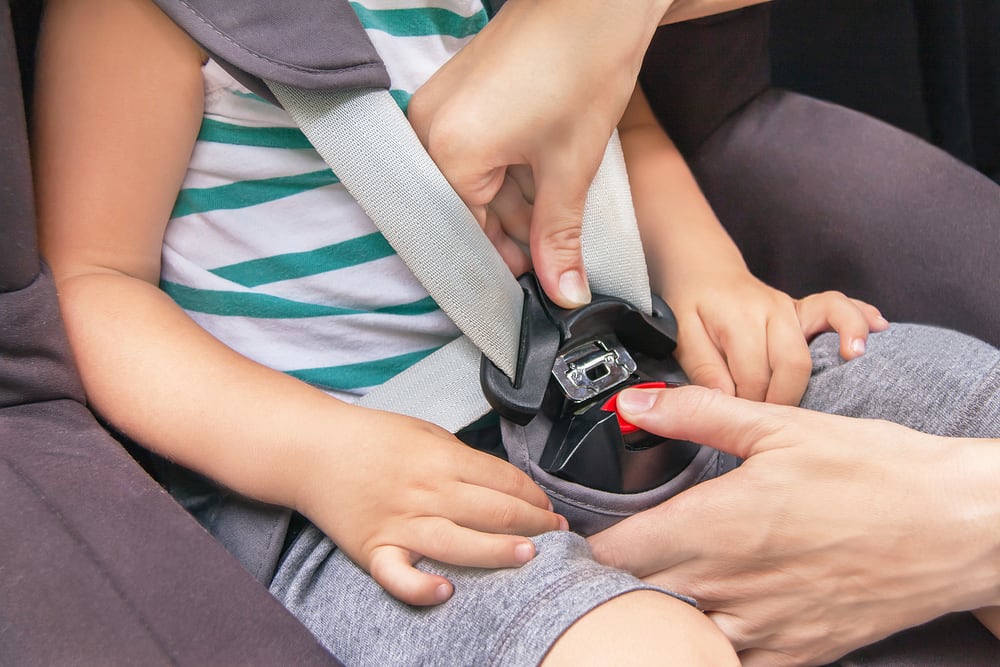

In Wisconsin, there are laws in place to protect children from injuries or death should they be involved in a motor vehicle accident. These laws govern the use of child safety seats and other restraints, and they are based in common sense.
Summary of Wisconsin’s child seat safety laws
Wisconsin’s child seat safety laws can be summarized as follows:
In general, children must occupy a child safety seat until age four, and a booster seat up until the age of eight.
Children under 1 year and less than 20 pounds must ride in a safety seat facing the rear, in the motor vehicle’s back seat.
Children at least a year old but not yet 4, and weighing 20-39 pounds may occupy a forward-facing child seat, again in the motor vehicle’s back seat.
Children who are at least 4 but not yet 8, and who weigh 40-79 pounds but are under 57 inches tall must use a booster seat.
Children age 8 or older, weighing 80 pounds or more, or at least 57 inches tall, may use the vehicle’s safety belt system.
If a child fits into more than one category, then he or she will be subject to the requirements that offer the most protection.
You may not secure a child in the front seat, unless your vehicle has no back seat, and then only if the air bag is deactivated.
Children ages four and older who have medical or physical conditions may be exempt from the laws regarding child restraint.
You may not remove a child from restraints while the vehicle is moving to feed, diaper or attend to other personal needs.
Penalties
If you violate the child seat safety laws in Wisconsin, you will be fined $173.50 if the child is under the age of 4, and $150.10 if the child is between the ages of 4 and 8.
The child seat safety laws are in place to protect your child, so make sure that you understand and obey them.



